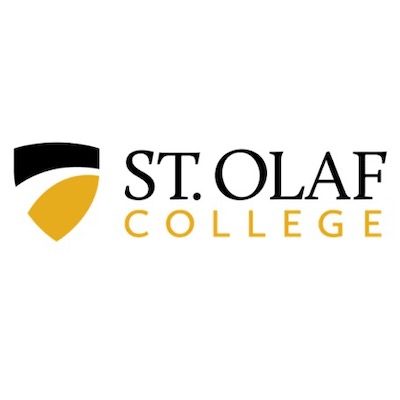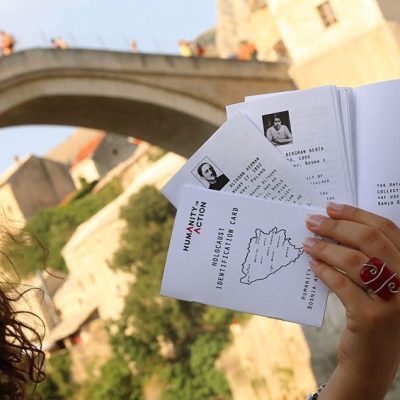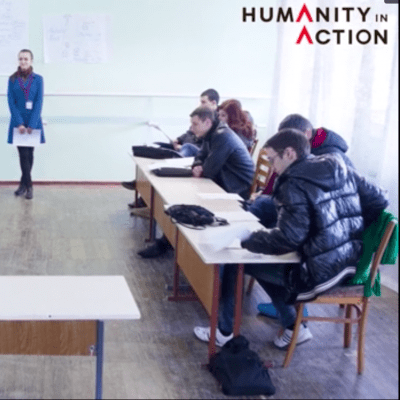Article
During his 2010 Humanity in Action Fellowship in Germany, Senior Fellow Subhash Ghimire was exposed to the Anne Frank House, where he participated in powerful discussions on extremism and the Holocaust. Having grown up in Nepal, he knew that the Nepali school curriculum does not address extremism, the Holocaust or the story of Anne Frank. Inspired by what he had learned during his Fellowship, Subhash wanted to educate Nepali students about the history of the Holocaust and the dangers of extremism.
Subhash decided that the most effective way to educate students on these issues was to tell them Anne Frank’s story. He formed a local team of volunteers who partnered with the Sarswati Peace School in Nepal, as well as community organizations, including the Sarswati Foundation, St. Olaf College and Davis Projects for Peace.
After the volunteers told the students about the story of Anne Frank, the students were asked to discuss such events within the context of Nepal’s own history and society.
A group of young people, inspired by this project, worked to reform Nepal’s school curriculum to include these issues in education. The bigger concept of an Anne Frank museum in Nepal was also discussed.
Subhash emphasizes the importance of clearly communicating your project ideas to the group of volunteers as well as those who will benefit from your project. It is also essential to plan ahead and include as many groups and people possible. “Also, ensure that the project does not touch on political issues that might derail the cause,” he advises.
Subhash was able to share the story of Anne Frank with almost 10,000 students in Nepal.











